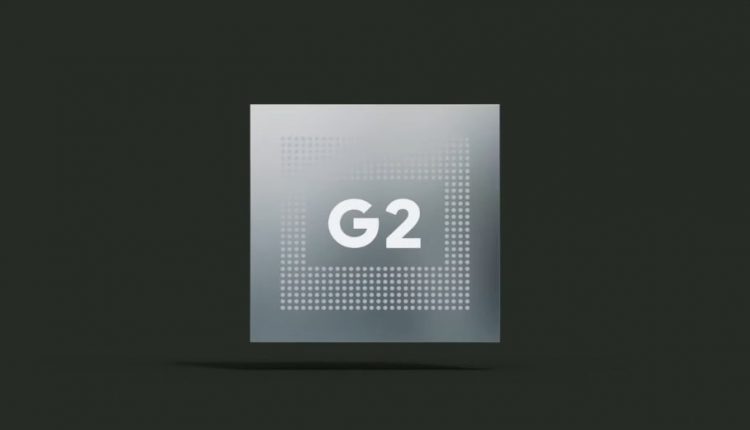Google is Ditching Samsung for Its Next Generation Tensor Chips

In a move that echoes Apple’s strategy, Google has set out on a mission to incorporate its own custom-designed chips into its Pixel smartphones, signaling a significant shift in its hardware approach.
The introduction of Google’s inaugural custom processor, Tensor, with the Pixel 6 series marked a notable milestone. However, these chips were based on Samsung’s Exynos architecture, utilizing the 5nm node process. The subsequent Pixel 7 also relied on a semi-custom Samsung processor, and it seems the upcoming Pixel 8 will follow suit.
Nevertheless, recent developments suggest that Google is planning to sever ties with the Korean tech giant and instead turn to TSMC (Taiwan Semiconductor Manufacturing Company) to bring its fully customized Tensor G5 chip to life by 2025.
Insights from a former Google executive, as reported by The Information, shed light on the initial plan to release a completely custom Tensor chip as early as the following year. However, the chip’s development, codenamed Redondo, faced delays due to retention challenges and the complexity of coordinating multiple teams.
Consequently, the launch of the chip has been postponed to 2025.
Corroborating these reports, another source confirms Google’s decision to transition from Samsung to TSMC for the production of the Tensor G5 chip. Notably, this chip will leverage TSMC’s advanced 3-nanometer manufacturing process and incorporate Integrated Fan-Out technology, resulting in a sleeker design and improved power efficiency.
It is important to note that the upcoming Pixel 8 lineup, scheduled for release this year, will continue to feature a processor developed and manufactured by Samsung. Similarly, the Pixel smartphones planned for launch in 2024 will also incorporate a Samsung processor, albeit with a reduced number of Samsung components compared to previous iterations.
The adoption of a fully custom chip is a strategic move by Google, aiming to achieve a heightened level of integration between hardware and software, ultimately delivering a superior user experience. The closer alignment between hardware components and software optimization promises to unlock enhanced performance capabilities, surpassing current performance levels.
By venturing into the realm of custom-designed chips, Google demonstrates its commitment to innovation and its determination to shape the future of smartphone technology. As the competition in the smartphone market intensifies, Google’s strategic shift sets the stage for a new era of Pixel devices, poised to captivate users with cutting-edge performance and seamless integration.
